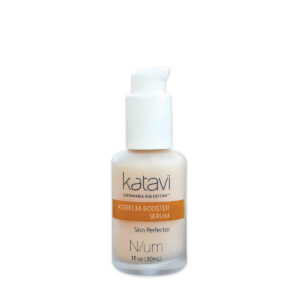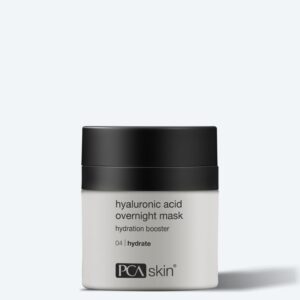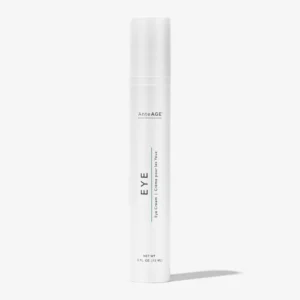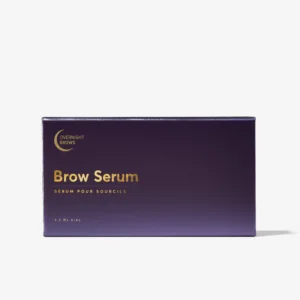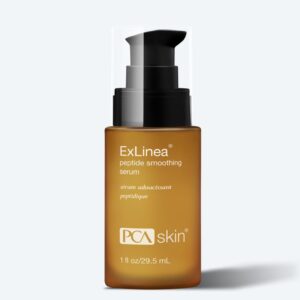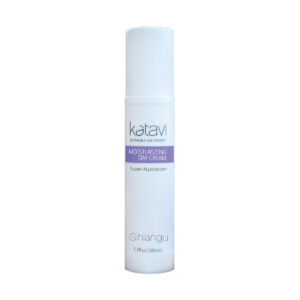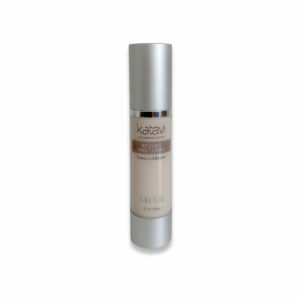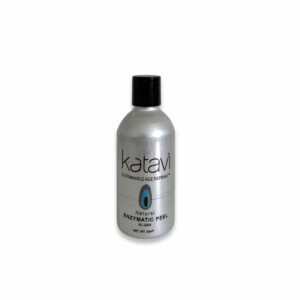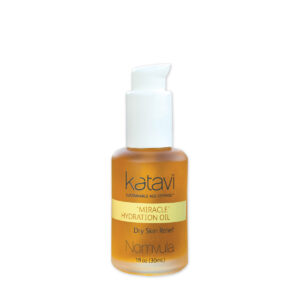In the pursuit of vitality and well-being, many individuals turn to testosterone replacement therapy (TRT) to address hormonal imbalances and reclaim their optimal health. However, TRT alone may not fully address all aspects of hormonal regulation, leaving some individuals seeking additional solutions. Enter human chorionic gonadotropin (hCG), a hormone that plays a crucial role in fertility and is now gaining recognition for its potential in enhancing TRT outcomes. In this comprehensive guide, we delve into the intricate science behind testosterone replacement therapy with hCG, exploring its mechanisms of action, benefits, and considerations for those considering this approach to hormone optimization.
Understanding Testosterone Replacement Therapy (TRT)
Testosterone, often referred to as the “male hormone,” is responsible for a myriad of physiological processes, including muscle development, bone density maintenance, and libido regulation. However, factors such as aging, chronic stress, and medical conditions can lead to decreased testosterone production, resulting in symptoms like fatigue, decreased libido, and reduced muscle mass. TRT aims to replenish testosterone levels to alleviate these symptoms and restore overall well-being.
- TRT typically involves the administration of exogenous testosterone through various delivery methods, including injections, gels, patches, and implants.
- By supplementing testosterone, TRT seeks to restore hormonal balance, improve energy levels, enhance mood, and revitalize sexual function.
- Before embarking on TRT, individuals undergo thorough evaluation, including comprehensive hormone testing and medical assessment, to determine candidacy and formulate personalized treatment plans.
The Role of hCG in Testosterone Replacement Therapy
While TRT effectively replenishes testosterone levels, it can inadvertently suppress the body’s natural production of gonadotropins, namely luteinizing hormone (LH) and follicle-stimulating hormone (FSH). These hormones play a crucial role in stimulating the testes to produce testosterone and maintain fertility. Here’s where human chorionic gonadotropin (hCG) comes into play.
- hCG is a hormone produced during pregnancy and plays a pivotal role in maintaining the corpus luteum and supporting fetal development.
- In the context of TRT, hCG acts as a synthetic analog of LH, stimulating the Leydig cells in the testes to produce testosterone.
- By incorporating hCG into TRT protocols, clinicians aim to preserve testicular function, prevent testicular atrophy, and maintain fertility in individuals undergoing testosterone supplementation.
Mechanisms of Action: How hCG Enhances Testosterone Replacement Therapy
To understand how hCG augments TRT, it’s essential to delve into its mechanisms of action at the cellular level. Upon administration, hCG interacts with specific receptors in the Leydig cells of the testes, initiating a cascade of signaling events that culminate in increased testosterone production.
- Binding of hCG to its receptor activates intracellular signaling pathways, including the cyclic adenosine monophosphate (cAMP) pathway, leading to the phosphorylation of key proteins involved in steroidogenesis.
- This activation stimulates the expression of steroidogenic enzymes, such as cytochrome P450scc and 17α-hydroxylase, which are essential for converting cholesterol into testosterone precursors.
- Additionally, hCG promotes the synthesis of androgen receptors in target tissues, enhancing the responsiveness of cells to testosterone’s physiological effects.
- By amplifying endogenous testosterone production, hCG synergizes with exogenous testosterone supplementation, optimizing hormonal balance and therapeutic outcomes.
Benefits of Combining hCG with Testosterone Replacement Therapy
Integrating hCG into TRT protocols offers a plethora of benefits beyond testosterone optimization alone. From preserving fertility to enhancing symptom relief, the synergistic effects of hCG and testosterone supplementation contribute to comprehensive hormone optimization and improved quality of life.
- Preservation of Testicular Function: By stimulating endogenous testosterone production, hCG helps maintain the integrity and functionality of the testes, reducing the risk of testicular atrophy associated with TRT.
- Fertility Preservation: For individuals concerned about fertility preservation, hCG supplementation can mitigate the suppressive effects of exogenous testosterone on sperm production, preserving reproductive potential.
- Symptom Relief and Well-Being: The combined effects of testosterone and hCG supplementation extend beyond physiological parameters, encompassing improvements in energy levels, mood, cognitive function, and sexual health.
- Enhanced Muscle Growth and Body Composition: Synergistic action between testosterone and hCG promotes muscle protein synthesis, facilitating gains in lean muscle mass and improvements in body composition.
- Individualized Treatment Optimization: By tailoring TRT protocols to incorporate hCG based on individual needs and goals, clinicians can optimize therapeutic outcomes and enhance patient satisfaction.
Considerations and Conclusion
While the integration of hCG into TRT holds promise for optimizing hormone replacement therapy, it’s essential to acknowledge potential considerations and limitations. Factors such as dosage, frequency of administration, and individual response variability must be carefully monitored and adjusted to ensure safety and efficacy.
In conclusion, testosterone replacement therapy with hCG represents a multifaceted approach to hormone optimization, addressing not only testosterone deficiency but also preserving fertility and enhancing overall well-being. By understanding the intricate mechanisms of action and potential benefits of combining hCG with TRT, individuals can make informed decisions regarding their hormone replacement therapy journey, unlocking vitality and reclaiming optimal health.
Unlocking Vitality: The Science Behind Testosterone Replacement Therapy with hCG – snippet
Discover the synergistic benefits of incorporating human chorionic gonadotropin (hCG) into testosterone replacement therapy (TRT). Learn how hCG preserves fertility, enhances symptom relief, and optimizes hormone balance for improved well-being.
Related items..
-
Men’s Health Test
$179.00 -
N/um – Kigelia Booster Serum
$46.00 -
PCA Skin Hyaluronic Acid Overnight Mask
$79.00 -
AnteAGE® Eye (15ml)
$105.00 -
AnteAGE® Overnight Brows Serum 3.5ml
$75.00 -
PCA Skin ExLinea® Peptide Smoothing Serum
$120.00 -
Katavi Moisturizing Day Cream
$43.00 -
Katavi Tula Tula – Intensive Night Care
$43.00 -
Katavi Hluba – Enzymatic Peel
$30.00 -
Katavi Miracle Hydration Oil
$40.00
Sign Up for Monthly Newsletter to Learn & Save
Stay current on promotions, discounts and sales.
Get Your Learn On





